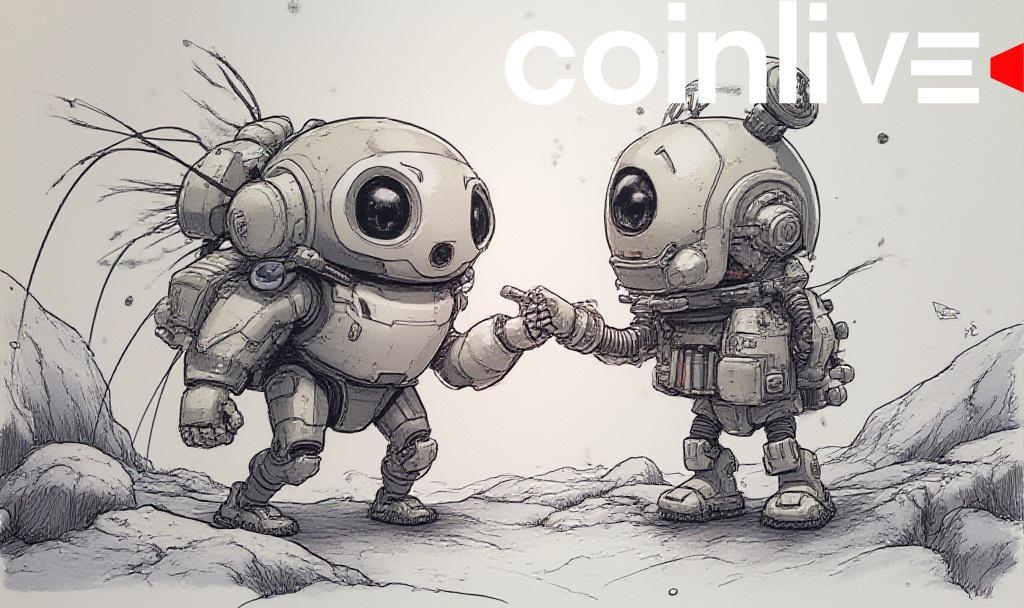- The launch highlights new user experience features and market implications.
- Pump.fun targets a $4 billion valuation.
- Moca Chain connects 570 portfolio companies globally.

Pump.fun has officially launched version 2.0, focusing on enhancing user experience and accessibility in DeFi. Simultaneously, Animoca Brands introduced Moca Chain, aimed at decentralizing digital identity.
Project Launches and Market Implications
The Pump.fun team has released its updated platform version 2.0, emphasizing improvements like real-time updates and investment ease. This release indicates a strong push toward retail-friendly DeFi solutions, aiming for a $4 billion company valuation.
Animoca Brands, in partnership with Moca Foundation, introduced the Moca Chain to address digital identity centralization, enhancing owner control over personal data. In the words of Yat Siu, Co-founder and Executive Chairman of Animoca Brands:
“Moca Chain seeks to solve [centralisation] by giving users decentralised true ownership of their data, ensuring the sovereignty of users’ digital identity without a single point of failure.”
It aligns with its broader strategy to integrate over 570 firms in its ecosystem.
The launch of these projects anticipates changes in trading activity within the DeFi space, as Pump.fun’s features are expected to drive up transaction volumes. Moca Chain’s ecosystem approach may increase cross-industry collaborations and digital identity adoptions.
Financial Developments and Future Prospects
In financial terms, Pump.fun and Moca Chain unveil new tokens—PUMP and MOCA Coin—to fulfill utility and governance functions. The Ethereum compatibility of Moca Chain posits potential technology expansions and increased developer interest.
Historical parallels like Uniswap V3 upgrades highlight volatile periods post-launch, suggesting potential short-term price fluctuations for Pump.fun. Moca Chain may similarly witness growth parallel to identity-centric tokens such as Civic.
In conclusion, the future will ascertain how these launches affect their respective sectors. All indications point to broader impacts on DeFi and digital identity management by enhancing utility and expanding networks.








